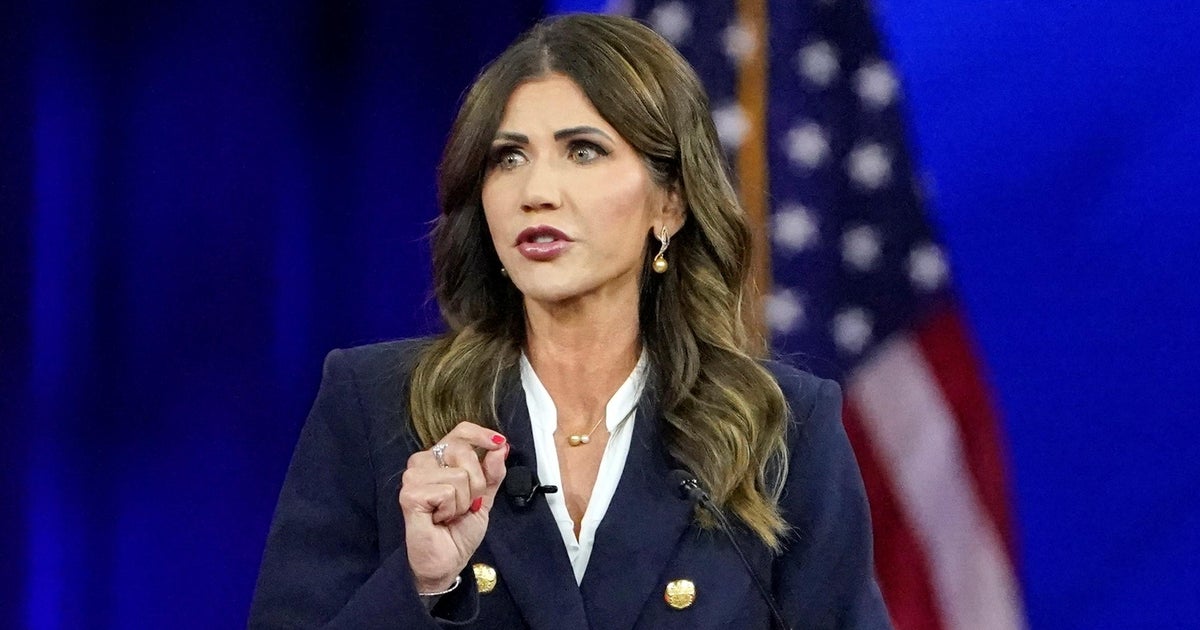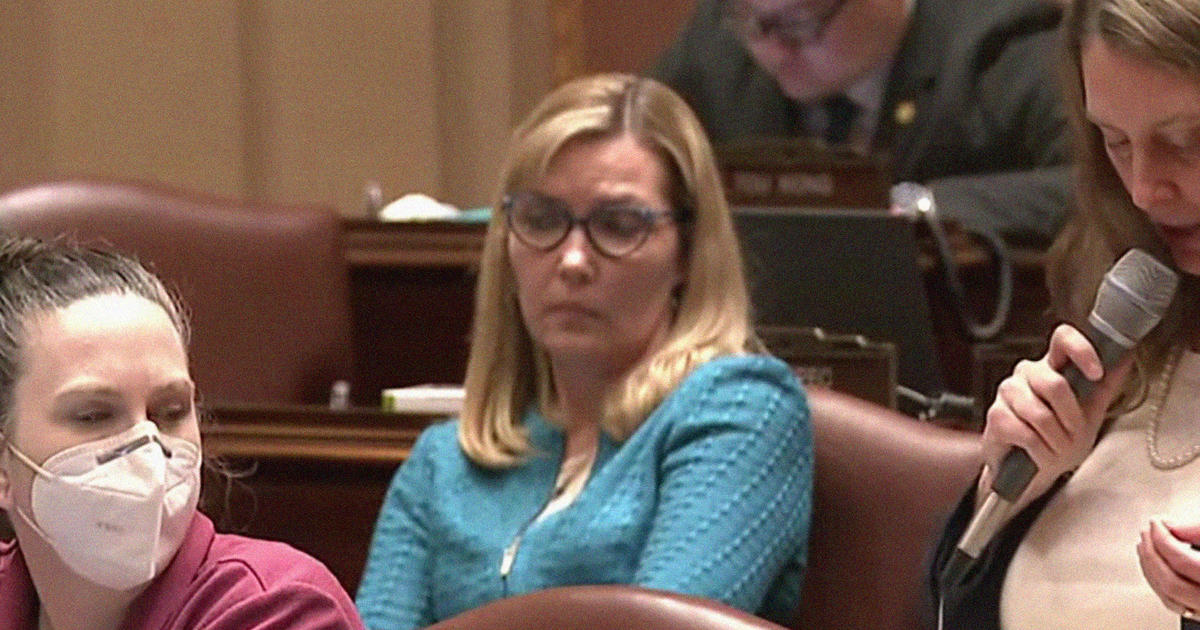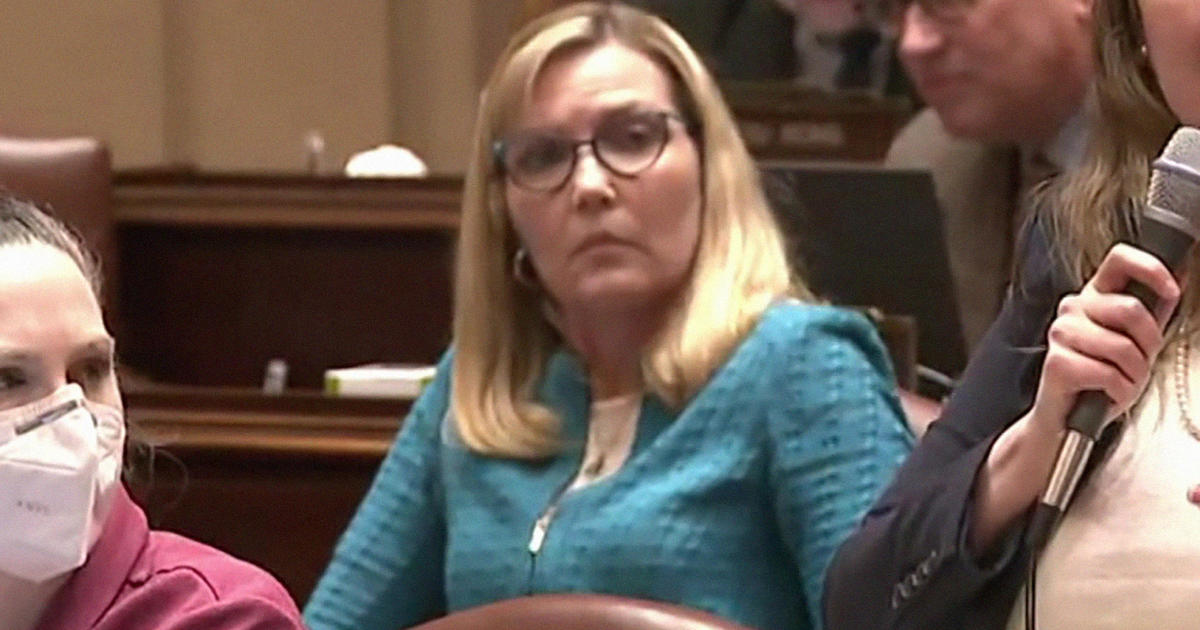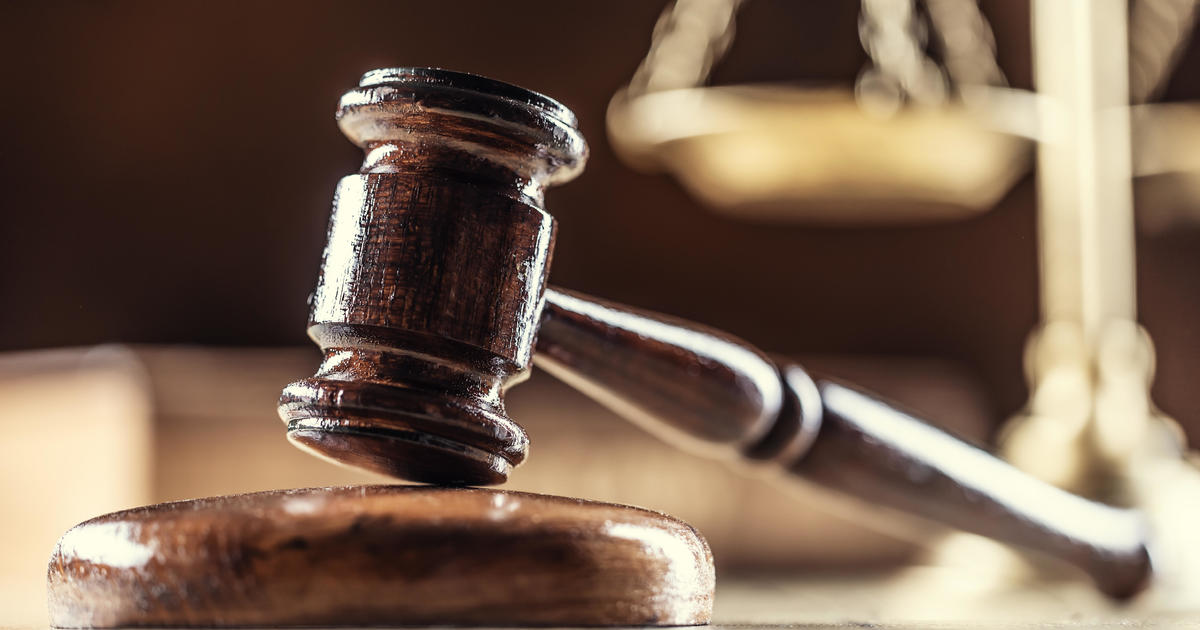State leaders highlight thousands of criminal records to be expunged under "Clean Slate Act"
ST. PAUL, Minn. — State lawmakers and advocates are celebrating second chances for thousands of Minnesotans with criminal records who will soon see their low-level convictions expunged under a new law that takes effect in just over a year.
"The Clean Slate Act," passed by the state legislature this session, sets up a process for the state Bureau of Criminal Apprehension to seal certain non-violent records automatically if they haven't been charged with another crime in a certain window of time. That's a departure from current practice, which requires Minnesotans to file petitions for expungement and pay fees, which can be upwards of $300.
"We're providing this clean slate for our neighbors — for the hardworking Minnesotans who have earned their opportunity and are simply looking for opportunities," said Sen. Bobby Joe Champion, DFL-Minneapolis, during a news conference at the state capitol Monday morning.
Champion and others at the event argued the current petition-based system has failed. A Santa Clara University study of Minnesota's law found just 5% of residents eligible to clear their record right now have done so.
More than one million people in a population of 5.6 million have criminal records, researchers noted, and 60% of them are eligible for expungement.
The Clean Slate Act was part of a larger public safety package that also included tweaks to the current statute to broaden eligibility for filing a petition. That's because the new law doesn't take effect until Jan. 1, 2025.
Attorney General Keith Ellison said he is committed to holding expungement clinics in the meantime, and explained that the action doesn't eliminate the records, but seals them from being viewed by landlords, employers, universities and others that might trigger a background check.
"Part of public safety is saying that after you've done your time after you made rehabilitative efforts — after you demonstrated that you deserve that chance, then it should be given," Ellison said.
Twelve states have similar provisions in their laws like Minnesota's Clean Slate Act. There are "waiting periods" in which a person must not re-offend before the records are sealed automatically: two years from discharge of a sentence related to a petty misdemeanor or a misdemeanor, and three years for a gross misdemeanor.
Certain non-violent felonies will also be automatically expunged with a waiting period of five years.
Jonathan Weinhagen, the president and CEO of the Minneapolis Regional Chamber of Commerce, said the change is part of the solution to persistent workforce challenges.
"We believe this new law will help provide a pathway for workers to fill this void," he said. "The Attorney General said this is the right thing to do. I want to be really clear: he's right. But it is also a job's bill."
Separately, the new law legalizing adult-use cannabis also sets up an expungement process for low-level marijuana possession and sale crimes. A new board will consider expungement or resentencing of felonies.
There will be an expungement clinic at 1101 W. Broadway in Minneapolis hosted by the attorney general's office.
It will take place from 11 a.m. to 7 p.m.




